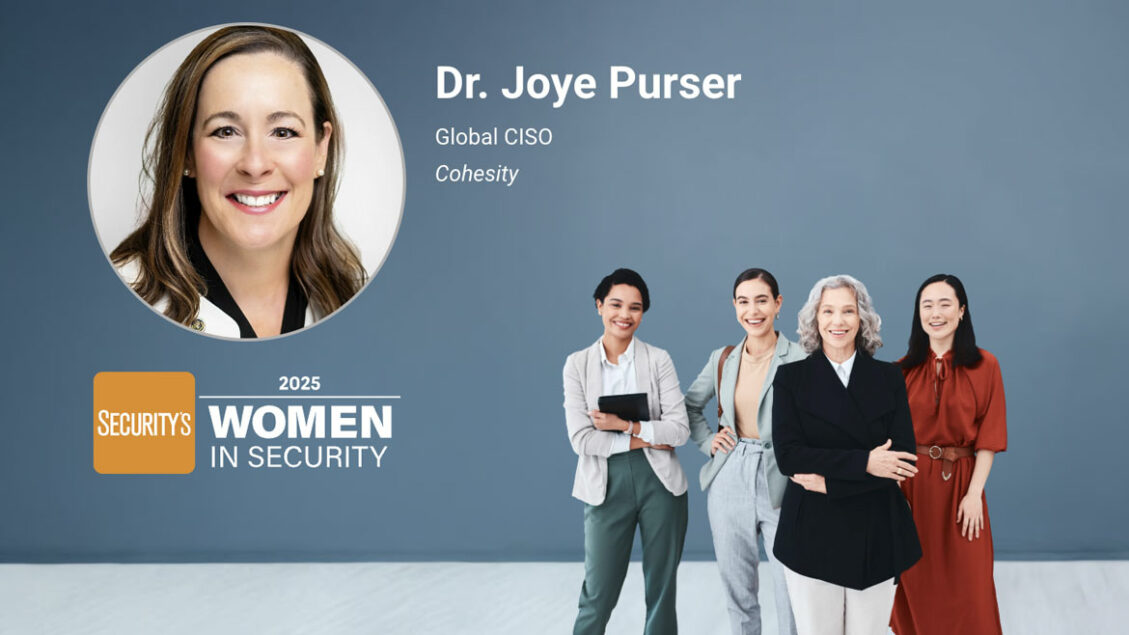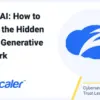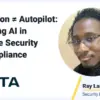

Dr. Joye Purser, PhD, spent 20 years working in Washington D.C., shaping national technology policy. First, Dr. Purser worked as a legislative assistant in the U.S. House of Representatives, working on the policy agenda for the Chair of the House Committee on Science and Technology. Hired by the Pentagon, Dr. Purser audited programs such as financial management to military communication systems.
“I realized that my knowledge and skills could help drive efficient operations as well as technical eminence, ultimately safeguarding the freedoms we hold dear,” Dr. Purser says.
Dr. Purser then moved to work for the Office of Management and Budget, serving as the subject matter expert for Defense Technology. She examined the defense research portfolio to ensure it was aligned with Presidential and other government priorities.
“In response to growing risks in microelectronics, I brought together a multi-agency group of technology leaders to build consensus and coordinate government-wide investments aimed at securing and strengthening the semiconductor supply chain,” Dr. Purser says.
In addition, Dr. Purser led high-impact communications with both legislative and executive branch leaders. She consulted on national strategies for military technology, research and sensitive communications. Dr. Purser describes working for the government as “heart work”, as everyone involved is driven by the same central mission for their organization.
Silicon Valley has increasingly turned to security professionals like me, those with military or defense backgrounds, because tech companies are under attack and need to strengthen security.
From here, Dr. Purser transitioned to the private sector. She worked on enterprise risk management before an unexpected shift during the pandemic. Dr. Purser helped the CDC with the Continuity of Operations plan at the height of the pandemic, and also helped with post-pandemic recovery.
“I was selected to lead Region 4 at the Cybersecurity and Infrastructure Security Agency (CISA) within the Department of Homeland Security. I served as the first senior executive in that position, doubling the field operations force and guiding the government response to the Colonial Pipeline attack,” Dr. Purser says.
Currently, Dr. Purser serves the Global Field Chief Information Security Officer (CISO) at Cohesity. Dr. Purser’s work includes international travel to work with critical infrastructure owners and manage various security risks.
“Silicon Valley has increasingly turned to security professionals like me, those with military or defense backgrounds, because tech companies are under attack and need to strengthen security,” Dr. Purser says.
During her time here, Dr. Purser has witnessed the trend of the technology and business sectors are strengthening their security efforts to protect their assets and customers.
Dr. Purser describes transitioning from the public to private sector as “exciting, meaningful and rewarding”. She’s been able to challenge herself with each new problem to solve, especially with how drastically the world has changed since she entered the security field. Dr. Purser learned to adapt to different priorities and risk levels, gaining additional perspectives from each role.
“Having worked in these settings has imparted a giant advantage in terms of the advice that I am able to communicate to my teams,” Dr. Purser says.
In addition, Dr. Purser works with a number of nonprofit organizations. She coaches YearUp apprentices in research and presentation skills to better develop their careers. Dr. Purser also works with Mahima Home, an organization and foster care community that helps survivors of human trafficking.
Dr. Purser’s leadership style is the perfect blend of warmth and assertiveness.
“My approach is rooted in the idea that every organization, no matter its size or sector, needs a security culture to protect its people and operations,” Dr. Purser says. The increasing sophistication of cyber threats meant that security leaders need to expand their skillsets. “I’m especially passionate about showing other women in cybersecurity that leadership doesn’t have to be loud to be powerful — and that vision, when clearly communicated, can shape real change,” Dr. Purser says.




